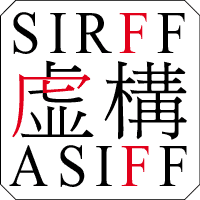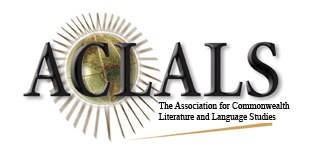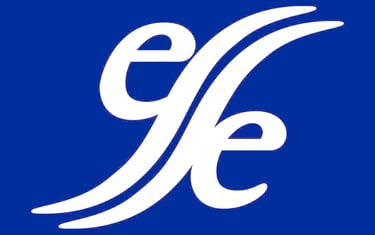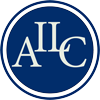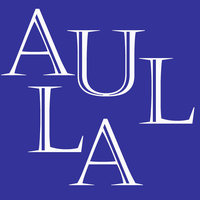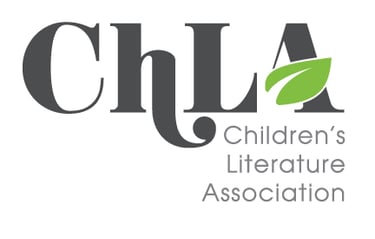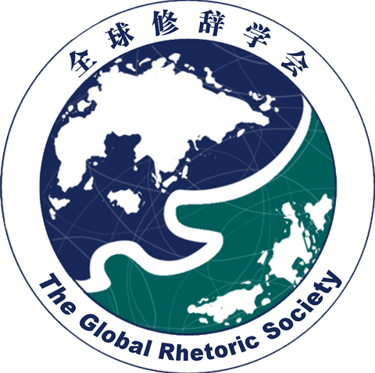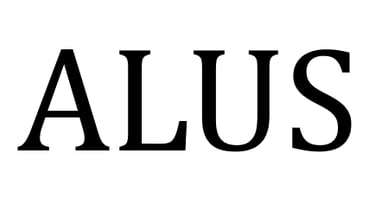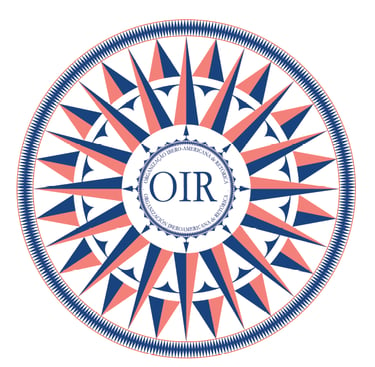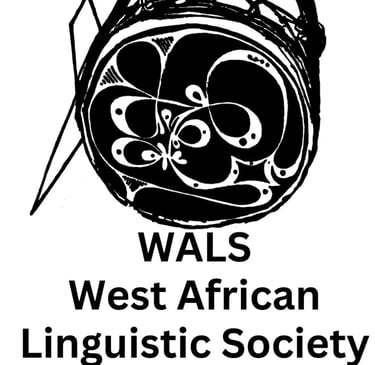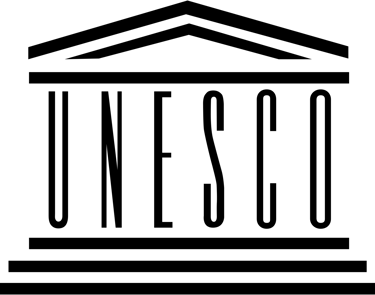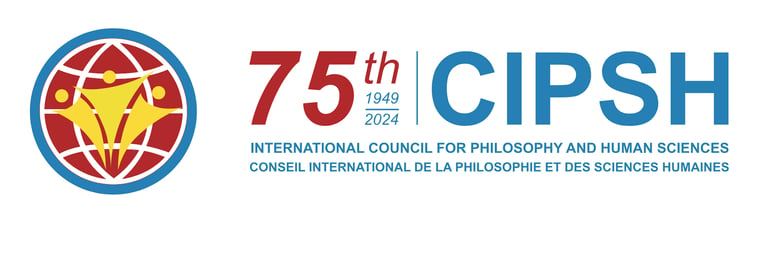About FILLM


The International Federation for Modern Languages and Literatures (FILLM) is the official international body which represents the study of language and literature as research-based scholarly disciplines in universities and tertiary higher education institutions world-wide.
FILLM is part of the UNESCO pyramid of international associations which seek to represent intellectual and cultural endeavour on a global basis.
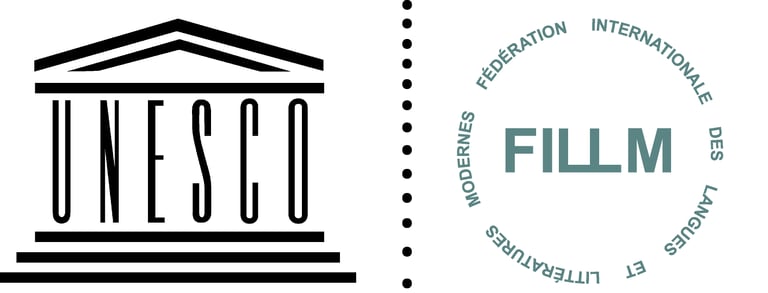

FILLM is the abbreviation for Fédération Internationale des Langues et Littératures Modernes (or in English, the International Federation for Modern Languages and Literatures.


FILLM was originally founded in Oslo in 1928 as the Commission Internationale d'Histoire Littéraire Moderne and subsequently reorganized in its present form in 1951 following upon the formation of UNESCO. FILLM is affiliated upwards in the UNESCO pyramid to the International Council for Philosophy and Humanistic Studies (CIPSH - Conseil International de la Philosophie et des Sciences Humaines), one of the three UNESCO-sponsored non-governmental organizations representing the major branches of knowledge.
FILLM is the world’s ceiling organization for international language and literature associations of varying size, function, and constitution. These Member Associations focus on the major language subject-areas and fully reflect the diversity of scholarly approaches within the field, including the many different kinds of interdisciplinary approach. Some Member Associations specialize in particular theoretical or methodological approaches to language and literature, and others focus on some particular period of literary or language history, or on some particular literary movement or grouping, or on some particular author.
FILLM's Committee is made up of individual members of the Member Associations, who are selected so as to offer the widest possible spectrum of the different subject-areas and at the same time of the different geographical regions of the world.
Mission and Strategy
FILLM seeks to develop and encourage the scholarly study of modern and medieval languages and literatures. This aim is pursued through forms of international scholarly cooperation which bring together detailed research on particular topics with themes and approaches of global relevance and general application. In practical terms, FILLM
organizes a triennial International Congress and other scholarly gatherings;
publishes works of scholarship;
draws attention to outstanding achievement in linguistic and literary scholarship from all over the world;
actively lobbies for the international maintenance and improvement of education and research in the field of languages and literatures;
and maintains a website and newsletter as a discussion forum for scholars in the field of languages and literatures world-wide.


At present FILLM’s overall strategy is to further increase its outreach, impact and usefulness.
In order to realize this aim, special attention is being paid to four lines of approach in particular:


Legitimating the discipline
In a time when funding for research and education in languages and literatures is under serious threat, FILLM is concerned to promote dialogue between scholars with many different backgrounds. This is seen as the best way to promote the development of a shared frame of reference, which will in turn make it easier to legitimate the discipline in the eyes of those who hold governmental and university purse-strings. Drawing strength and authority, not only from its status as the world’s ceiling organization for languages and literatures, but also from this active internal discussion, FILLM will be playing an increasingly important role in lobbying the relevant bodies and individuals on behalf of particular programmes of research and education which are at risk. As a way of gathering information on this front and consolidating efforts of protest, FILLM is making its own website a channel for news about threatened cuts and closures.
Publishing drive
FILLM is aiming to encourage the publication of works of linguistic and literary scholarship in which detailed cutting-edge research is related to issues of major global concern, and which can therefore interest a very broad audience. This goal can be seen as another aspect of the drive to legitimate the discipline, in that it tends to discourage narrow provincialism or de-humanizing overspecialization. With this in view, FILLM has recently launched its own book series, FILLM Studies in Languages and Literatures. (For further information, see Publications)


Membership drive
As a way of keeping pace with developments in the world of contemporary scholarship, FILLM has recently amended its Constitutionso as to recognize that many of the most important international associations for literary and linguistic scholarship are smaller and more specialized than was traditionally the case. Especially since the synergies between their kind of specialization and FILLM’s traditionally “generalist” perspective could be especially fruitful, FILLM is now actively inviting them to consider the benefits of membership. Such invitations are also being directed to associations developing international links from all quarters of the globe, and to international associations based in Europe, which under FILLM’s amended Constitution are now no less eligible for membership of FILLM than international associations from any other region of the world. (For further information, see Membership)


Communicational policy
FILLM sees communication as the key to everything it is hoping to achieve, and has accordingly updated its communicational policy so as to take greater advantage of the digital media.
A recent amendment to the Constitution established the post of Communications Officer. The Communications Officer is responsible for FILLM's webpage and Newsletter.


The FILLM Logo
FILLM's visual identity is based on the federations's profile and values. FILLM aims to reach a multicultural audience across the globe which includes scholars from all sorts of backgrounds. This has been the inspiration for the federation's colours and its logo.
The FILLM logo consits of two elements: a cut circle and the word "FILLM". The circle symbolises the globe and the gaps the aim of reaching out to others. The logo is designed with a touch of playfulness while still remaining simple and stylish. The logo exists in two types: one in which the circle is made up of 'broken' lines (as shown on the right) and one where the federation's full name is given in the circle (see above).
The FILLM colors are green, light grey and dark blue. These colours have been chose because they are generally considered to represent confidence, respect, loyalty, stability and freshness, all traits which suit FILLM's values.
FILLM's visual identity and its logo have been designed by Martina Dahm. If you wish to see more of Martina's excellent work or get in touch with her, please visit her website.
If you wish to use the FILLM logo, please contact the Federation's Communications Officer.
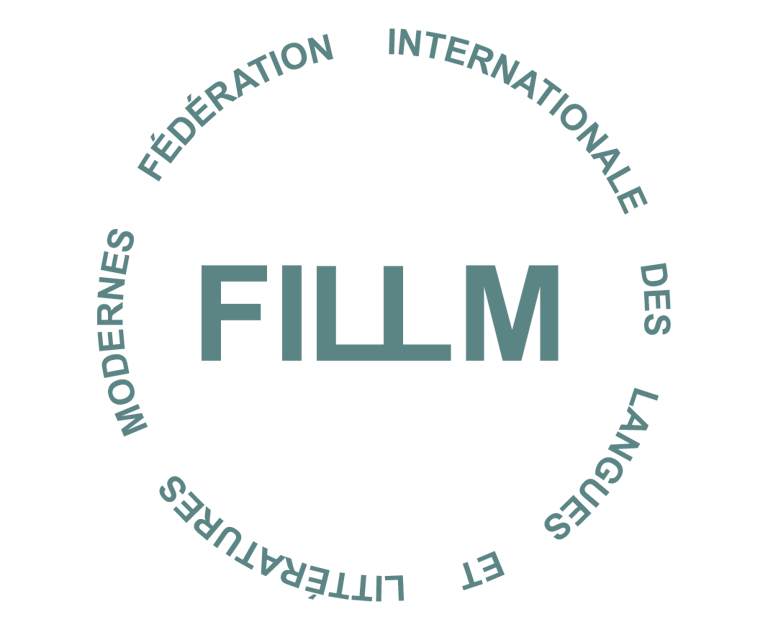

Constitution
We are pleased to share the most recent version of the FILLM Constitution, which outlines the Federation’s mission, structure, and guiding principles. You can download the full document as a PDF using the button below.
If you have any questions or would like to discuss any aspect of the constitution, please don’t hesitate to contact us. We welcome your engagement and insights.
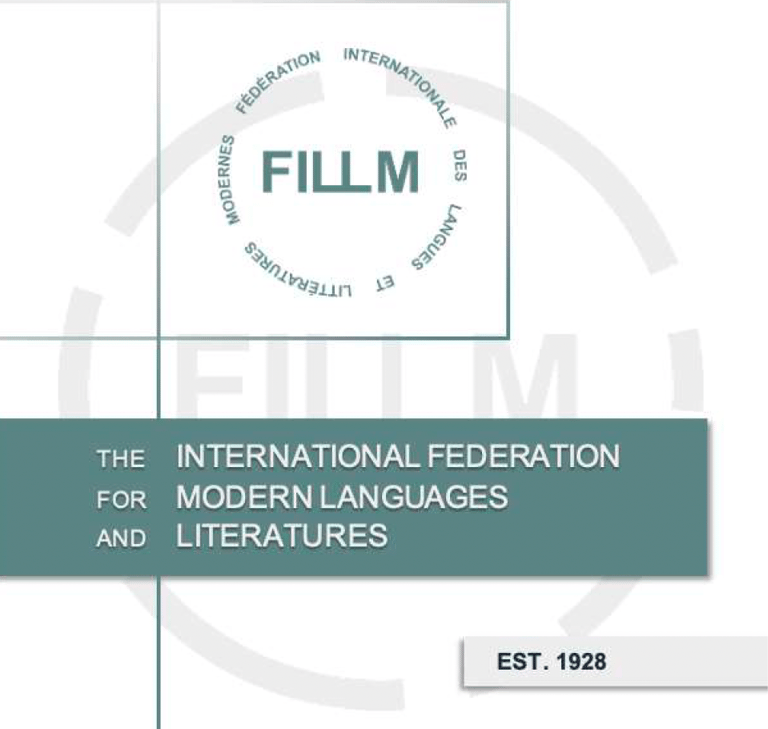

Contact us
fillminternational@gmail.com
© FILLM 2025. All rights reserved.

